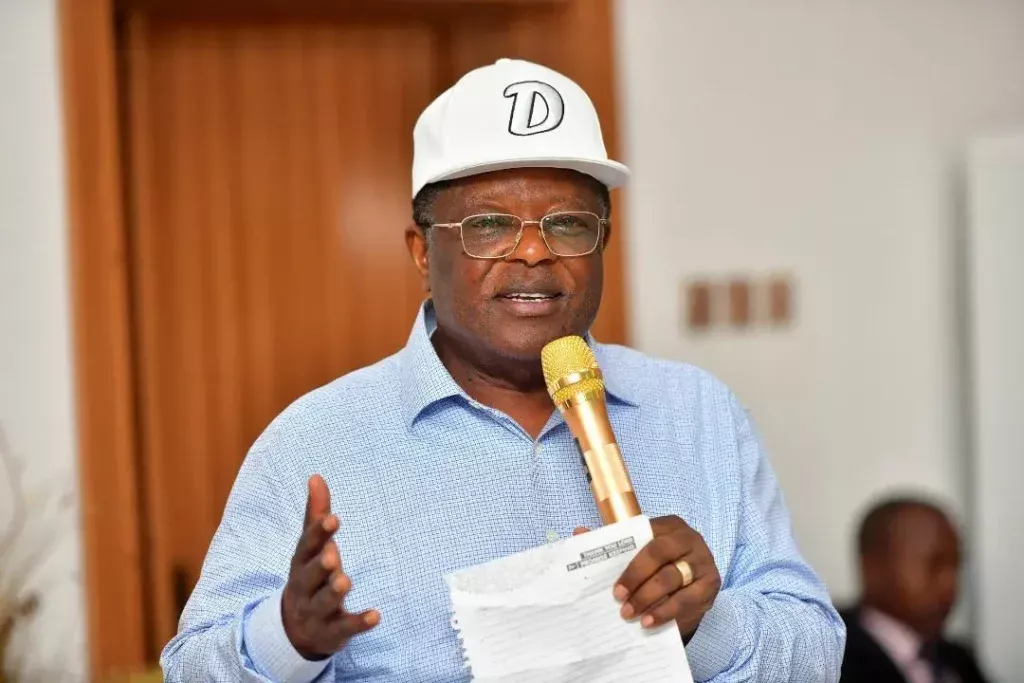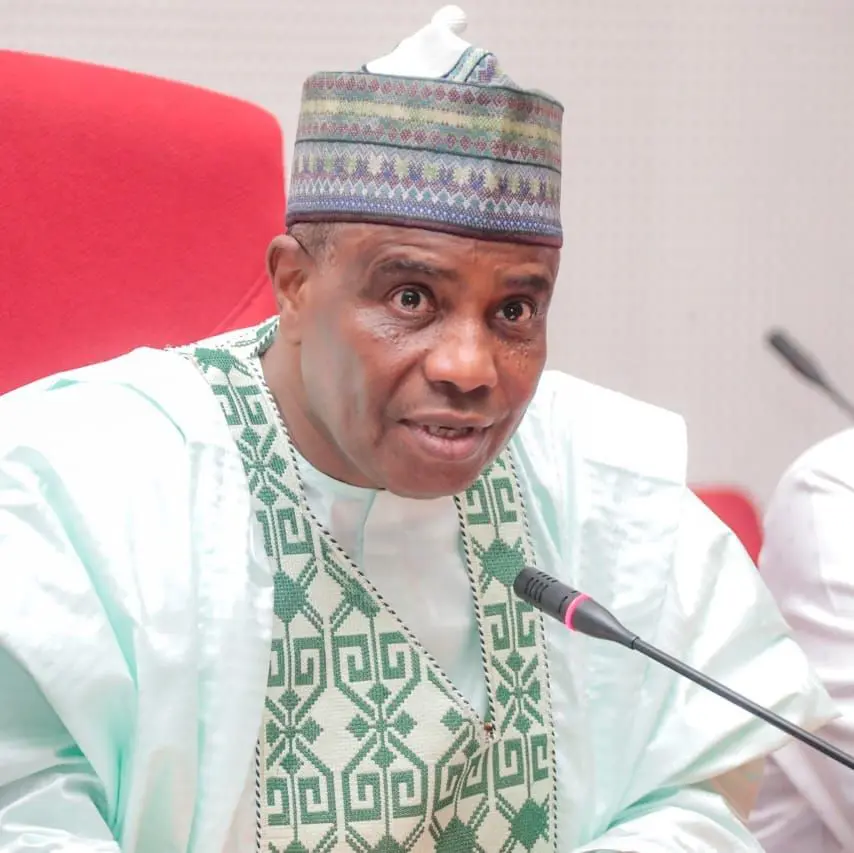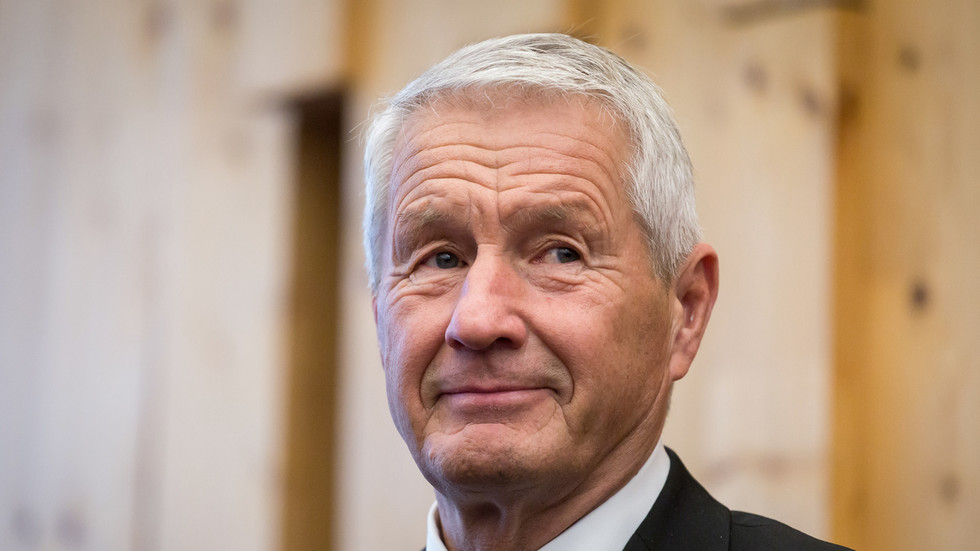Somalia’s progress in combating the al-Shabaab militant group risks unraveling as recurring political tensions ahead of elections divert focus from security efforts, enabling the insurgents to regain territory and influence. Despite initial successes in reclaiming regions from the militants since 2022, federal-state disputes, clan rivalries, and election-related power struggles have weakened coordination, creating vacuums exploited by the group.
The country’s counter-terrorism strategy—combining military operations, economic development, and security sector reforms—initially reduced al-Shabaab’s territorial control. International partners, including the African Union, United Nations, and neighboring states, bolstered these efforts with funding, training, and peacekeeping support. However, political instability and resource constraints have hampered sustained progress. Analysts note a cyclical pattern: each administration prioritizes counter-terrorism early in its term, only to shift focus to political survival as elections near.
This trend has intensified ahead of the 2026 polls. A contentious constitutional amendment replacing Somalia’s clan-based power-sharing system with a one-person-one-vote model has deepened divisions. Dominant clans like the Darod and federal states such as Puntland and Jubaland view the reforms as threats to their autonomy, sparking boycotts of recent reconciliation talks. The resulting governance gaps have allowed al-Shabaab to reassert control, recapturing strategic areas like Moqokori in July and expanding its role as a parallel authority providing services and taxation.
The militants have also adapted tactics, reducing civilian casualties, permitting protests, and projecting administrative competence to gain local buy-in. Meanwhile, weakened institutions and infighting—such as Puntland’s accusations that Mogadishu undermined its anti-insurgency efforts—have eroded public trust. Reduced external support from the AU and UN, coupled with donor dependency, further strains stability.
Experts warn that continued fragmentation could see al-Shabaab entrench itself as Somalia’s de facto authority, even if it avoids outright takeover due to clan divisions and regional opposition. For lasting security, researchers emphasize resolving federal-state disputes and ensuring inclusive governance. “Political reconciliation is not just a priority—it’s a survival imperative,” said Selam Tadesse Demissie of the Institute for Security Studies, urging expanded dialogue to prevent further militant gains.
As Somalia navigates these challenges, the interplay of elections, clan dynamics, and insurgent adaptability will determine whether the nation can reclaim momentum in its decades-long fight against terrorism.



